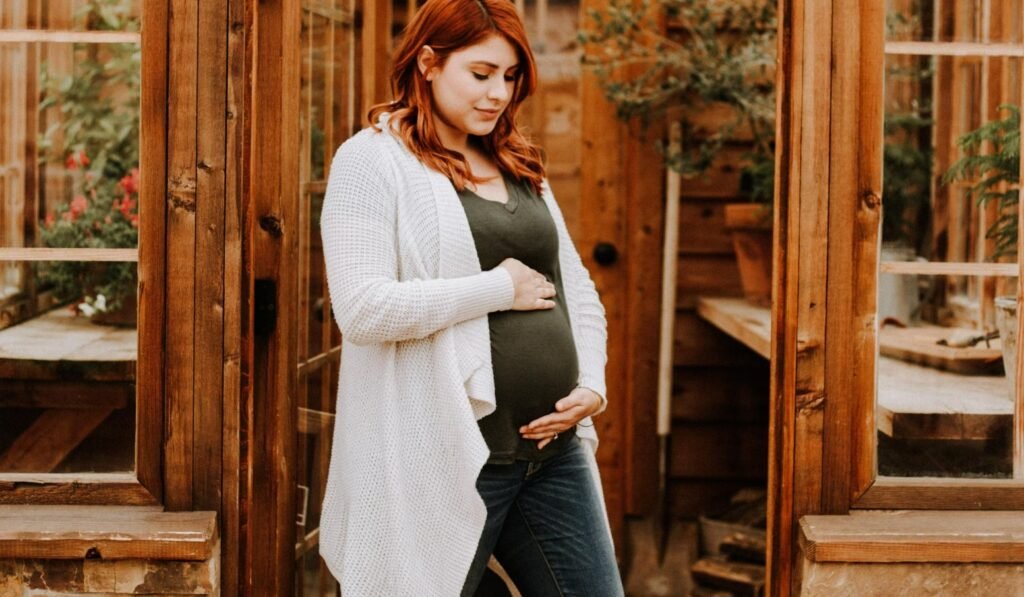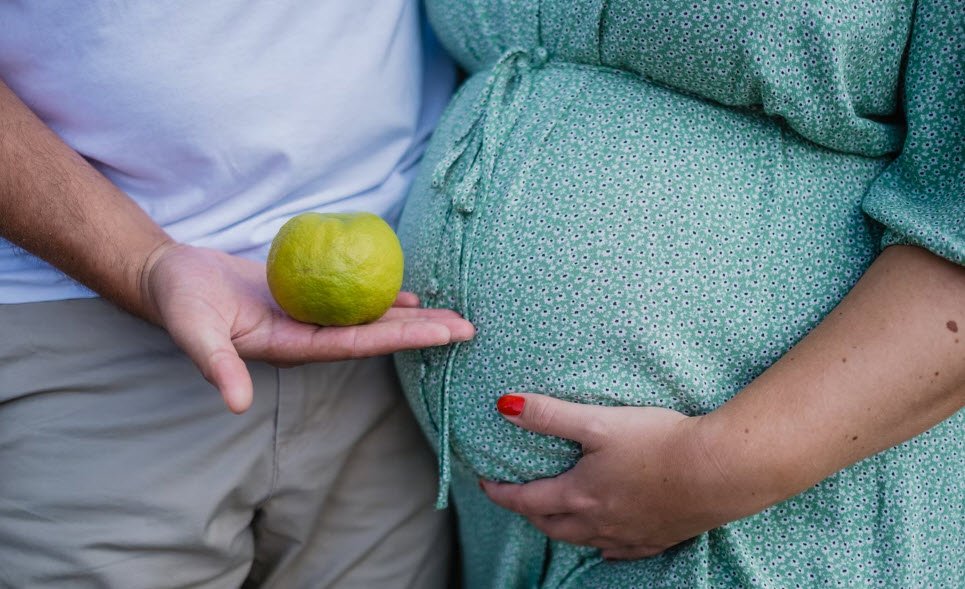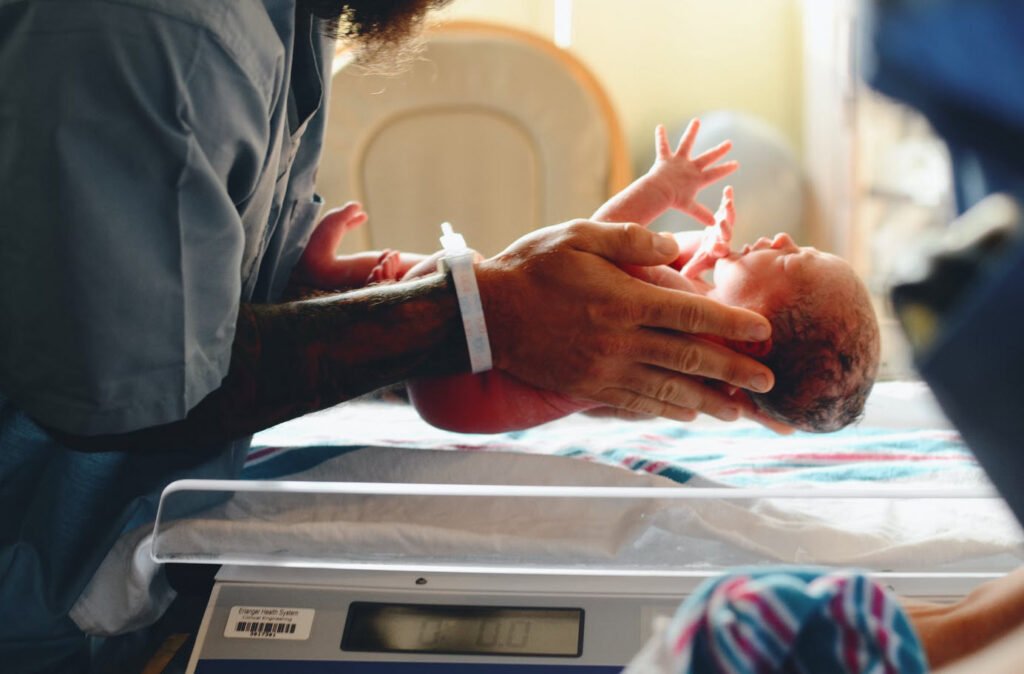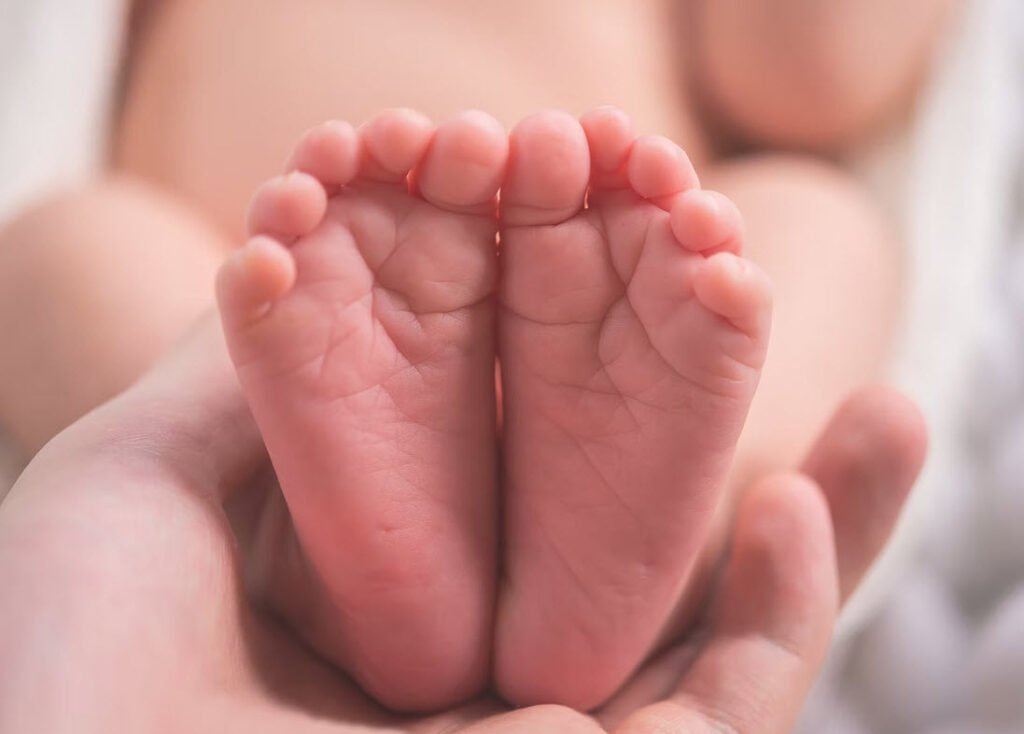Posted inPregnancy
7 Pregnancy Maternal Effects You Need To Know
Fetal development depends on a proper supply of nutrients, including micronutrients in the mother’s bloodstream. Maternal nutrition has a direct impact on their child’s health during adulthood, which may be…








